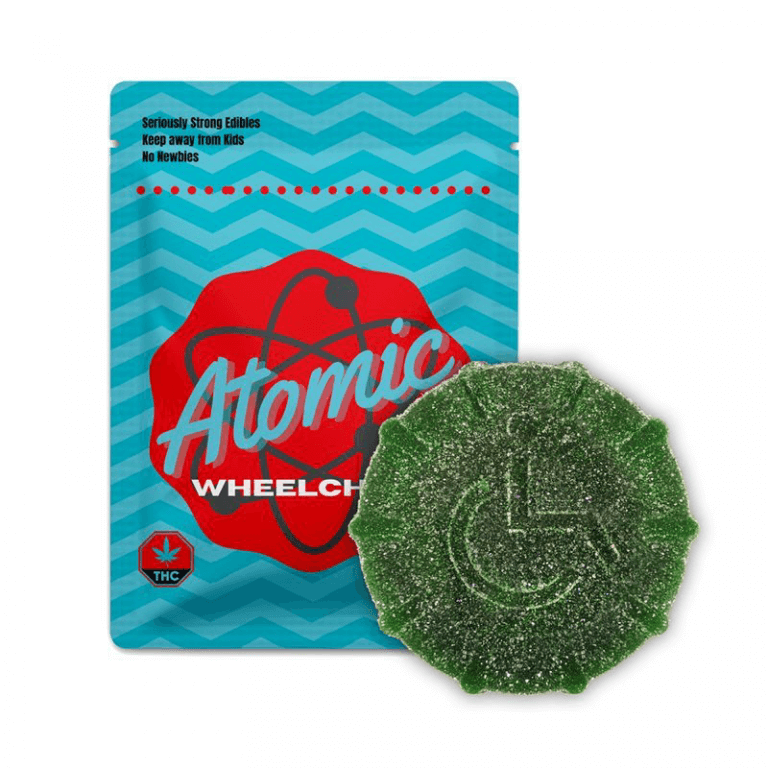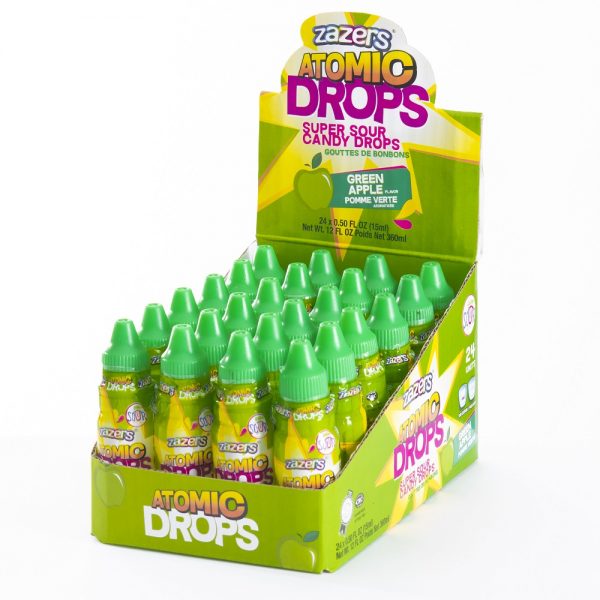

Kelly McGonigal, a health psychologist and author of “The Willpower Instinct,” suggested asking yourself this question before making any resolutions. What change are you going to be most grateful you made? Here are seven science-based strategies for making sure your new habits endure.

So if you want to change yourself, that’s where you need to start.

Duhigg said New Year’s resolutions can be “very, very powerful” - as long as they’re backed by science, patience and planning.Īt the core of every resolution are habits: good ones, bad ones, stop-biting-your-nails ones. Since most of us consider it a fresh start, Mr. 31,” explained Charles Duhigg, the author of “The Power of Habit.” “What is magical is our mind’s capacity to create new narratives for ourselves, and to look for events as an opportunity to change the narrative.” “It’s not like there’s something magical about Dec. And while you may think “new year, new you” is nothing more than a cringey, magazine-cover trope, research supports its legitimacy. It’s the shiniest time of year: that hopeful period when we imagine how remarkable - how fit and kind, how fiscally responsible - our future selves could be.


 0 kommentar(er)
0 kommentar(er)
